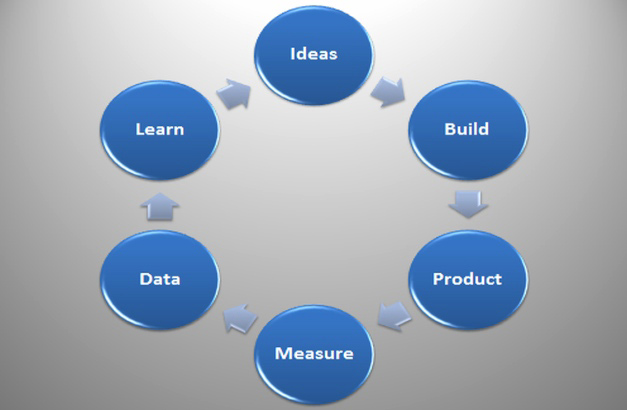When Eric Ries created the concept of lean startup, he had already studied and learnt from the common mistakes, that he saw most people committed. So, he laid down some dos and don’ts to ensure that people applied the model of lean startups effectively. In most cases people consider their startup as more of a set-up or product, when they need to understand that it should be regarded as a ‘human institution’ as Ries terms it.

There are some common grounds on which most entrepreneurs falter; here is a glance at them:
- Don’t assume, that your customers are in need of a certain product or service; it is better to ask them than to feel sorry later.
- Do collect feedback and suggestions from your customers and prospects at different stages of development. It will help you improvise earlier and save your time; which would otherwise be invested in going through the whole process again.
- Don’t take the “just do it” approach; a customized management that allows continuous testing is always an advisable move.
- Do inquire about the necessity and demand of the product, you are trying to create. It is an effective technique and ensures that you have an established market for your product.
- Don’t miss on validated learning. It is important to meet the desired standards of your customers at every step. As long as you are serving them quality, their loyalty lies on your side.
- Do follow the build-measure-learn format after you have figured out the problem that needs to be solved.
Building a business might not sound like a big deal to many; however building a sustainable business is indeed a challenging job. In order to ensure that your product is accepted in the market by your present as well as potential customers, you need to follow a systematic approach.
As a startup you need to win the confidence of your prospects before introducing them to your products and services. Answering the five-why’s also form an important part of this scientific model for creating and managing startups; because answering these simple questions avoids the rising of bigger troubles at later stages.
